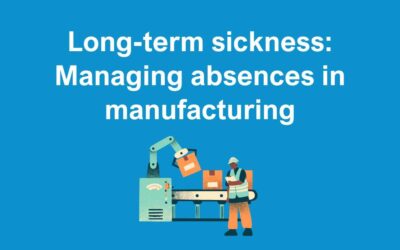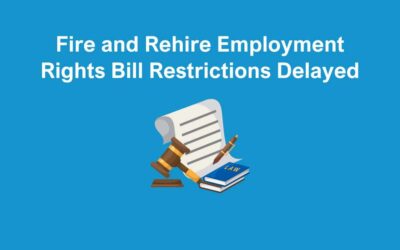Further guidance for the Job Retention Bonus is now available from HRMC. It includes information about how you can check if your employees are eligible. It also gives advice on when you can claim the bonus.
You’ll be able to claim a one-off payment of £1,000 for every eligible employee you furloughed and claimed for through the Coronavirus Job Retention Scheme (CJRS). It can also include staff you kept continuously employed until at least 31 January 2021. You do not have to pay this money to your employee.
To be eligible, employees must earn at least £1,560 between 6 November 2020 and 5 February 2021. They must also have received earnings in the November, December and January tax months. Employees must also not be serving a contractual or statutory notice period for you on 31 January 2021.
You will be able to claim the bonus from 15 February until 31 March 2021. In addition, once you have submitted PAYE information for the period up to 5 February 2021. HMRC will let you know how you can make a claim when further guidance is published by the end of January.
You can still claim the Job Retention Bonus if you make a claim for the same employees through the Job Support Scheme. This is as long as you meet the eligibility criteria for both.
What you need to do now
If you intend to claim the Job Retention Bonus, you must:
- keep your PAYE submissions up-to-date and on time, with Real Time Information (RTI) reporting for all employees, including reporting the leaving date for any employees that stop working for you in the month they leave or the next Full Payment Submission
- use the irregular payment pattern indicator in RTI for any employees not paid regularly
- provide any employee data for past CJRS claims that HMRC has requested
- make sure all your CJRS claims have been accurately submitted and you have told us about any changes needed (for example if you’ve received too much or too little).
Coronavirus Job Retention Scheme – changes from 1 October
From 1 October, HMRC will pay 60% of usual wages up to a cap of £1,875 per month for the hours furloughed employees do not work.
You will continue to pay your furloughed employees at least 80% of their usual wages for the hours they do not work, up to a cap of £2,500 per month. You will need to fund the difference between this and the CJRS grant yourself.
The caps are proportional to the hours not worked. For example, if your employee is furloughed for half their usual hours in October, you are entitled to claim 60% of their usual wages for the hours they do not work, up to £937.50 (half of £1,875 cap). You must still pay your employee at least 80% of their usual wages for the hours they don’t work, so for someone only working half their usual hours you’d need to pay them up to £1,250 (half of £2,500 cap), funding the remaining portion yourself.
You’ll also continue to pay your furloughed employees’ National Insurance and pension contributions from your own funds.
The scheme closes on 31 October and you will need to make any final claims on or before 30 November. You will not be able to submit or add to any claims after 30 November.







